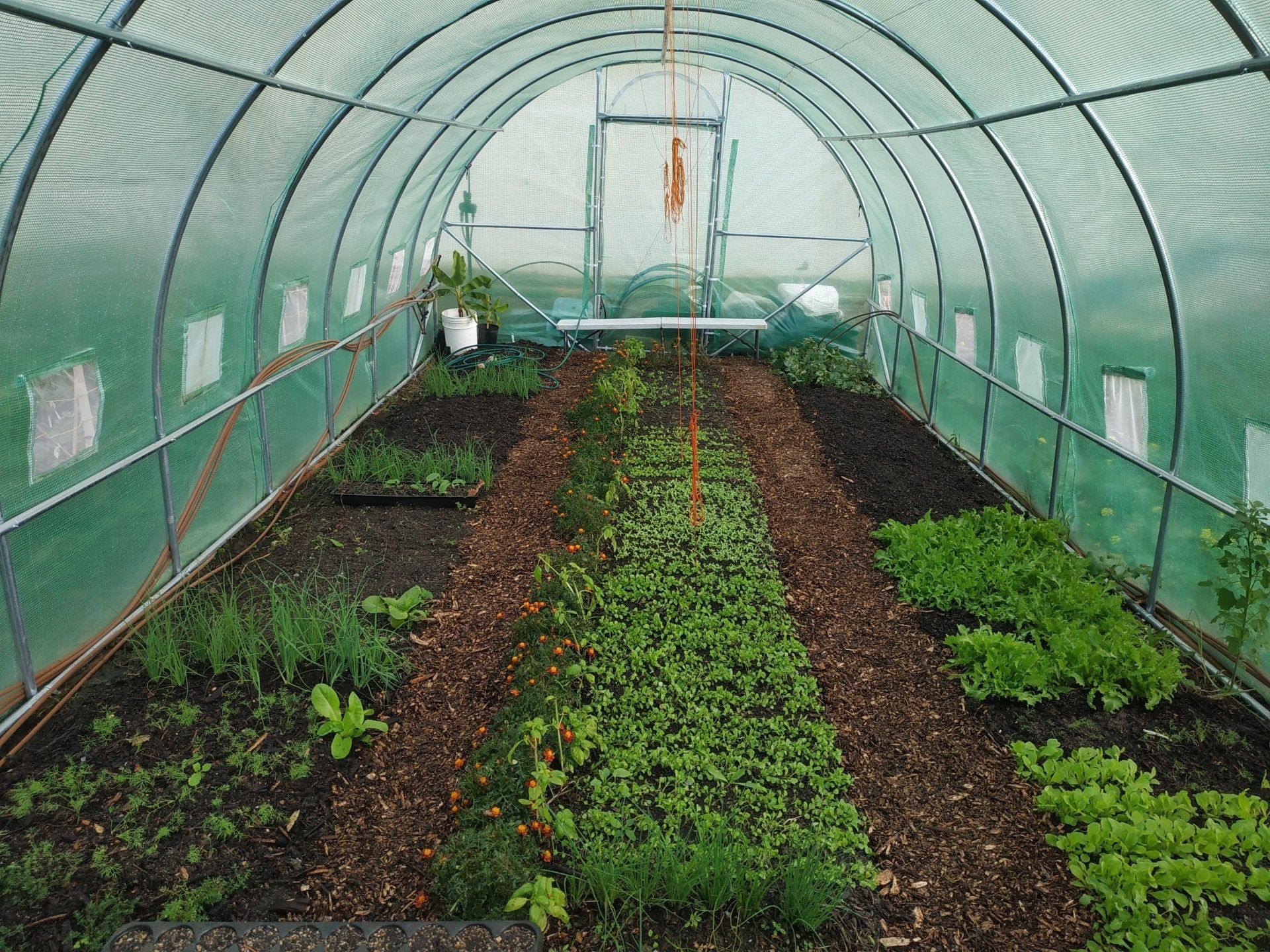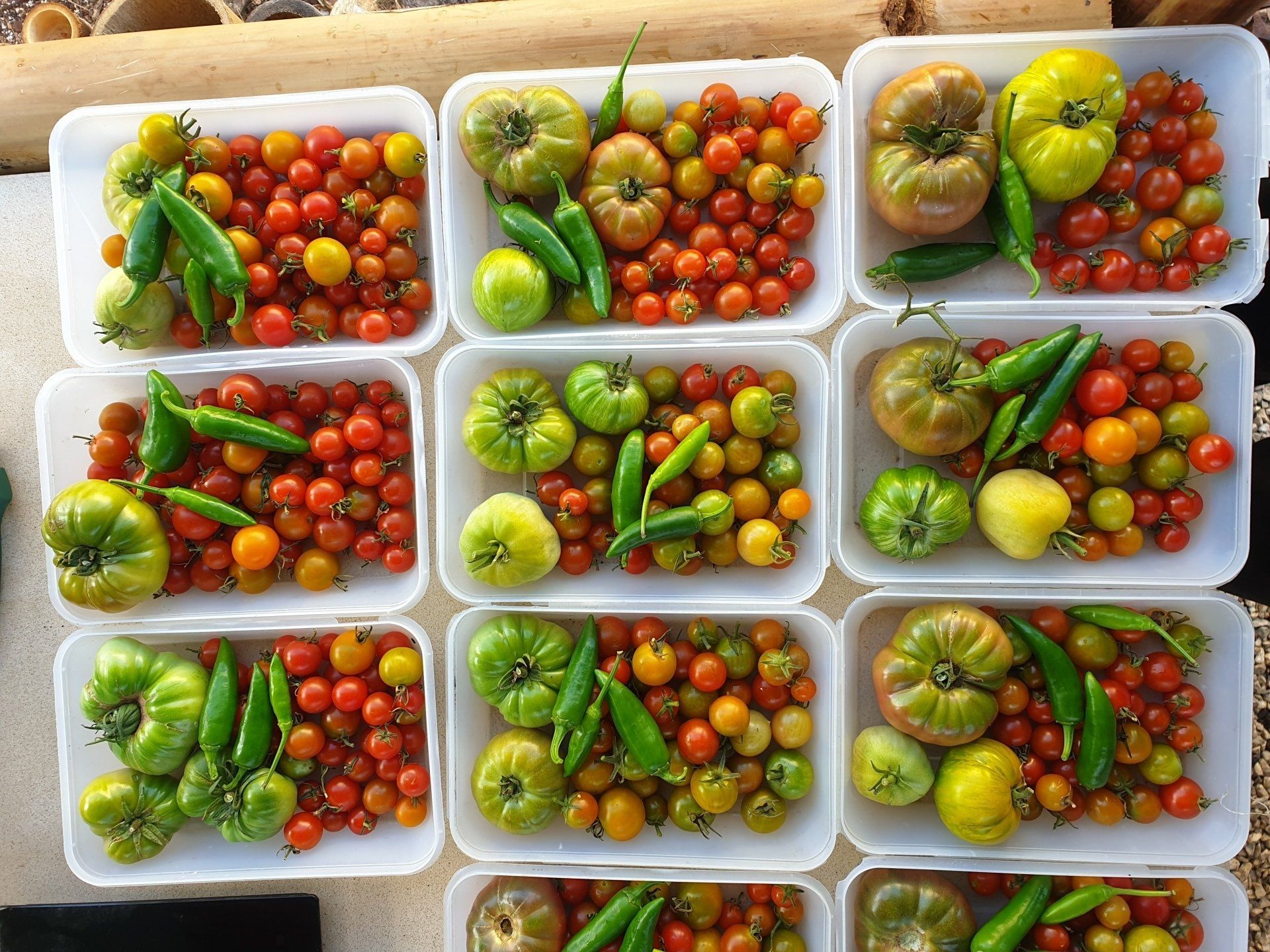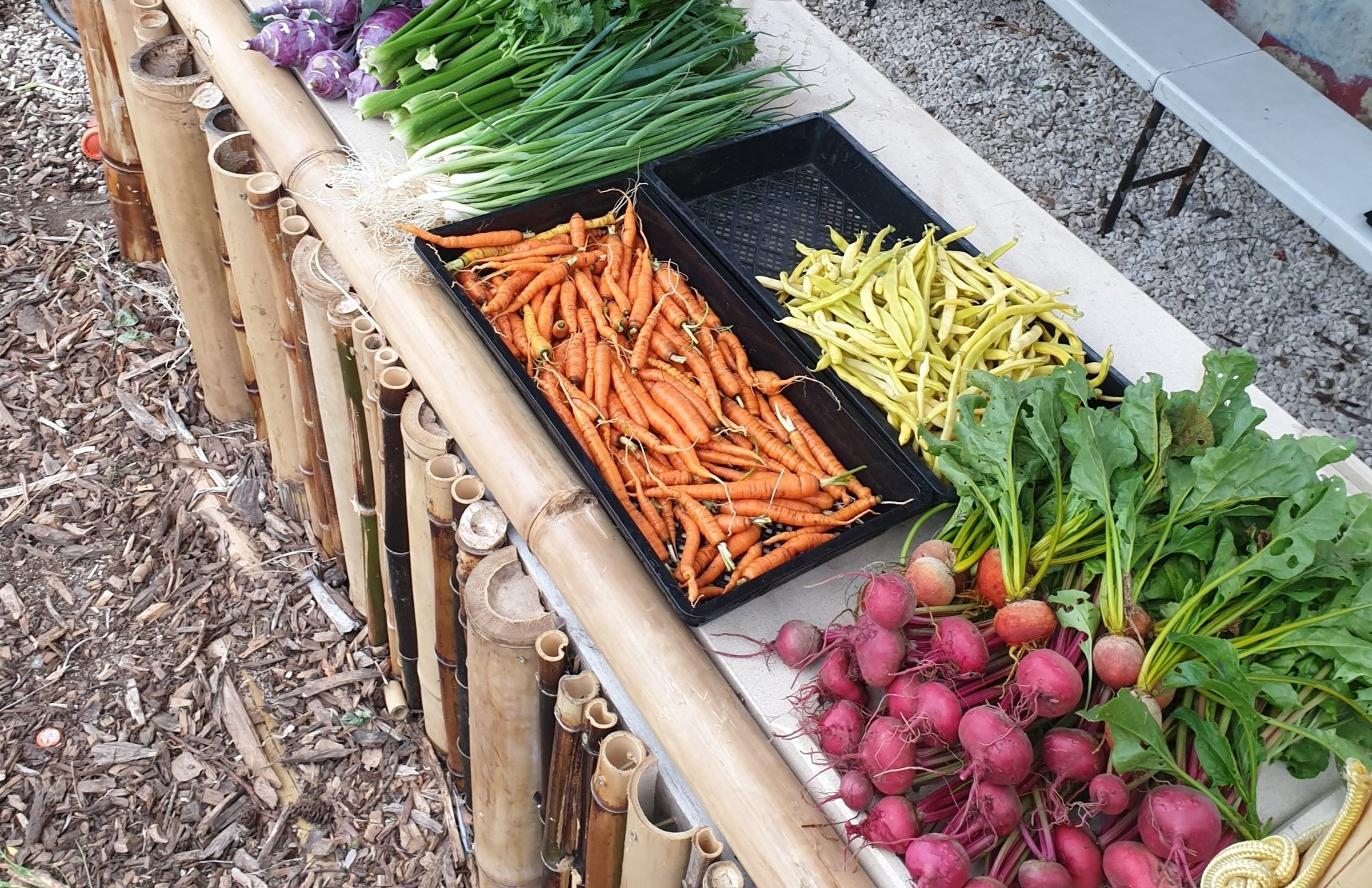
Sustainability
Words: Kay Day
Uptown says NO to plastic straws
In 2018, Uptown was the first business area in the Auckland super city to declare itself plastic straw free, joining a movement gaining traction in many cities and western countries to stop using plastic straws. The uptake and enthusiasm from Uptown’s cafes, bars and restaurants was great; businesses willingly swapped the plastic for environmentally friendly versions.
It makes good sense, as plastic straws are one of the worst microplastic culprits. These tiny particles are eaten by fish and birds with lethal consequences. Plastic straws have a long-lasting environmental effect. So next time you order a drink anywhere – remember to say “no plastic straw, thanks”.
Facts on plastic straws:
Most straws are used only once before being thrown away, ending up in either the ocean or landfill
Plastic straws can take up to 200 years to break down
Single-use plastics, including straws, make up more than three-quarters of the 1.3 million litres of rubbish removed from New Zealand beaches
Plastic straws were one of the top 10 worst littering offenders. They break down into fragments of plastic that float around in the ocean and end up in the marine food chain
Plastic straws are the 11th most common plastic found in the ocean
Uptown businesses were estimated to use 500,000 plastic straws per year

Harvesting Uptown
Uptown takes a tour of the OMG garden with farmer Levi Brinston-Hall
Did you know that the neighbourhood is home to an urban farm that produces enough fresh fruit and vegetables to feed up to 50 local households every week? The Organic Market Garden (OMG) farm comprises just 500 square metres of growing beds and sits at the top of Symonds St in the heart of Uptown.
A collaboration with charitable trust For the Love of Bees, the garden aims to bring local people together. On offer are abundant and diverse vege boxes for subscribers as well as the chance to roll up your sleeves and get involved as a volunteer.
“The model we run here is Community Supported Agriculture,” says head farmer Levi Brinston-Hall. “This means that people pay in advance to receive weekly boxes for a three- month season, which supports the running of the farm and pays the farmer.
“The community can also get their hands dirty via our weekly worker bee sessions where we aim to teach our volunteers how to farm.” He pauses. “We are not teaching people how to garden. We teach people about growing at great scale and diversity, so you don’t need to go to the supermarket.”
As we tour the market garden, I spot beetroot, flat leaf parsley, spring onions, alyssum, carrots and kohlrabi; six different species all growing in rows within a one-metre channel. Levi laughs, “we’re farmers, so you’ll find everything is planted in rows!”
The intensity of farming is all part of the plan. “We’re not afraid to plant things closely together here, in fact it’s part of our ethos. We need to be able to grow a lot of food in a small amount of space and it creates more healthy, resilient plants because it helps the soil to regenerate.”
The weekly harvest currently fills 28 vege boxes, which subscribers must collect from the farm themselves. “I don’t deliver,” says Levi. “People come here to collect their own vege and that’s important, because we are a community farm that is building a diverse local community. They live locally and they walk or cycle to collect their produce each week.”
Any uncollected boxes are donated to people in need and local customers are prioritised to ensure the initiative does not end up costing carbon miles. A typical box includes as many as 16 different varietals and the cost is $35 per week.

OMG Gardens
Share Their Story

